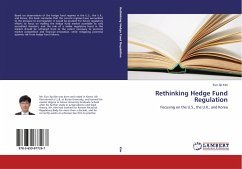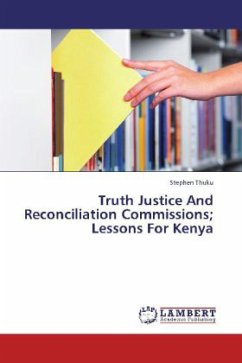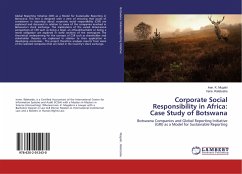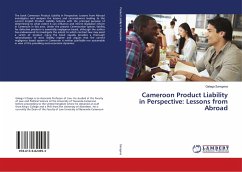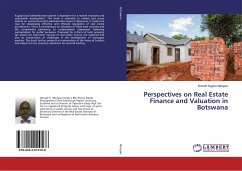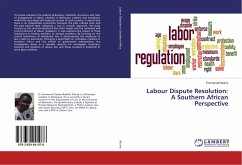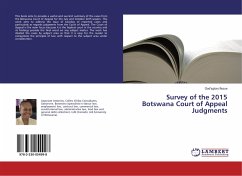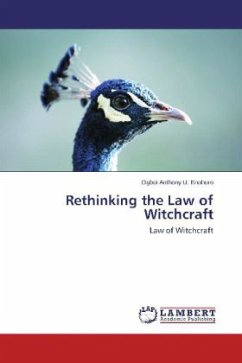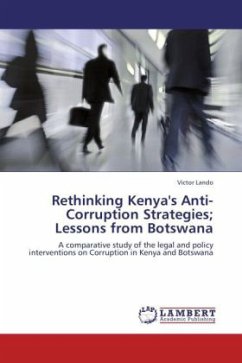
Rethinking Kenya's Anti-Corruption Strategies; Lessons from Botswana
A comparative study of the legal and policy interventions on Corruption in Kenya and Botswana
Versandkostenfrei!
Versandfertig in 6-10 Tagen
32,99 €
inkl. MwSt.

PAYBACK Punkte
16 °P sammeln!
Corruption is not new, nor is it unique to any particular locality, country or region. On the contrary, it is a global phenomenon, with varying degrees of severity from one country to another. Corruption affects the poor disproportionately due to their powerlessness to change the status quo, and inability to pay bribes, creating inequalities that violate their human rights. Corruption spins a complex web in which the state quickly loses its authority and ability to govern for the common good, making it possible for critics to be silenced, for justice to be subverted, and for human rights abuse...
Corruption is not new, nor is it unique to any particular locality, country or region. On the contrary, it is a global phenomenon, with varying degrees of severity from one country to another. Corruption affects the poor disproportionately due to their powerlessness to change the status quo, and inability to pay bribes, creating inequalities that violate their human rights. Corruption spins a complex web in which the state quickly loses its authority and ability to govern for the common good, making it possible for critics to be silenced, for justice to be subverted, and for human rights abuses to go unpunished. It is against this backdrop that this study seeks to isolate the loopholes in Kenya s anti-corruption machinery and explore mechanisms of sealing them. To this end, it borrows from Botswana s experience in curbing the vice. Having been thus informed, and further considering the relevance and importance of a human rights approach to curbing corruption, a set of practical and informative recommendations shall be made towards the re-orientation of laws and policy to ensure a more effective anti corruption machinery in Kenya.



